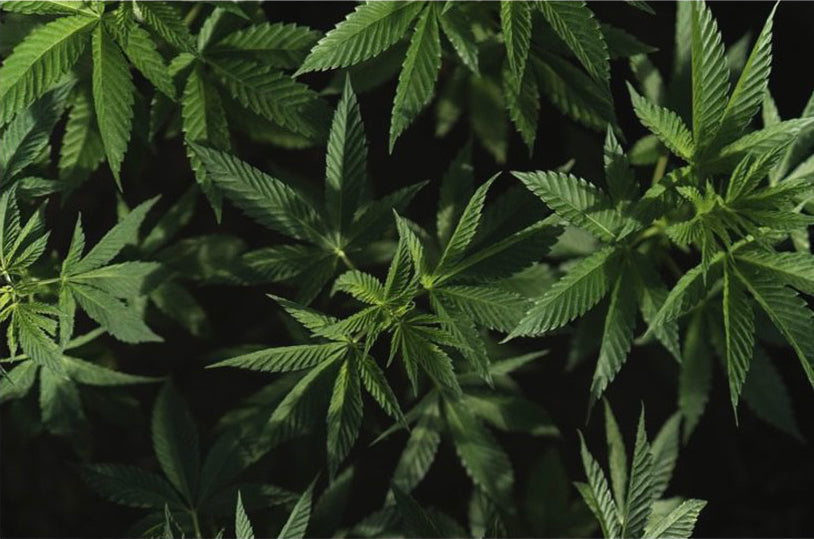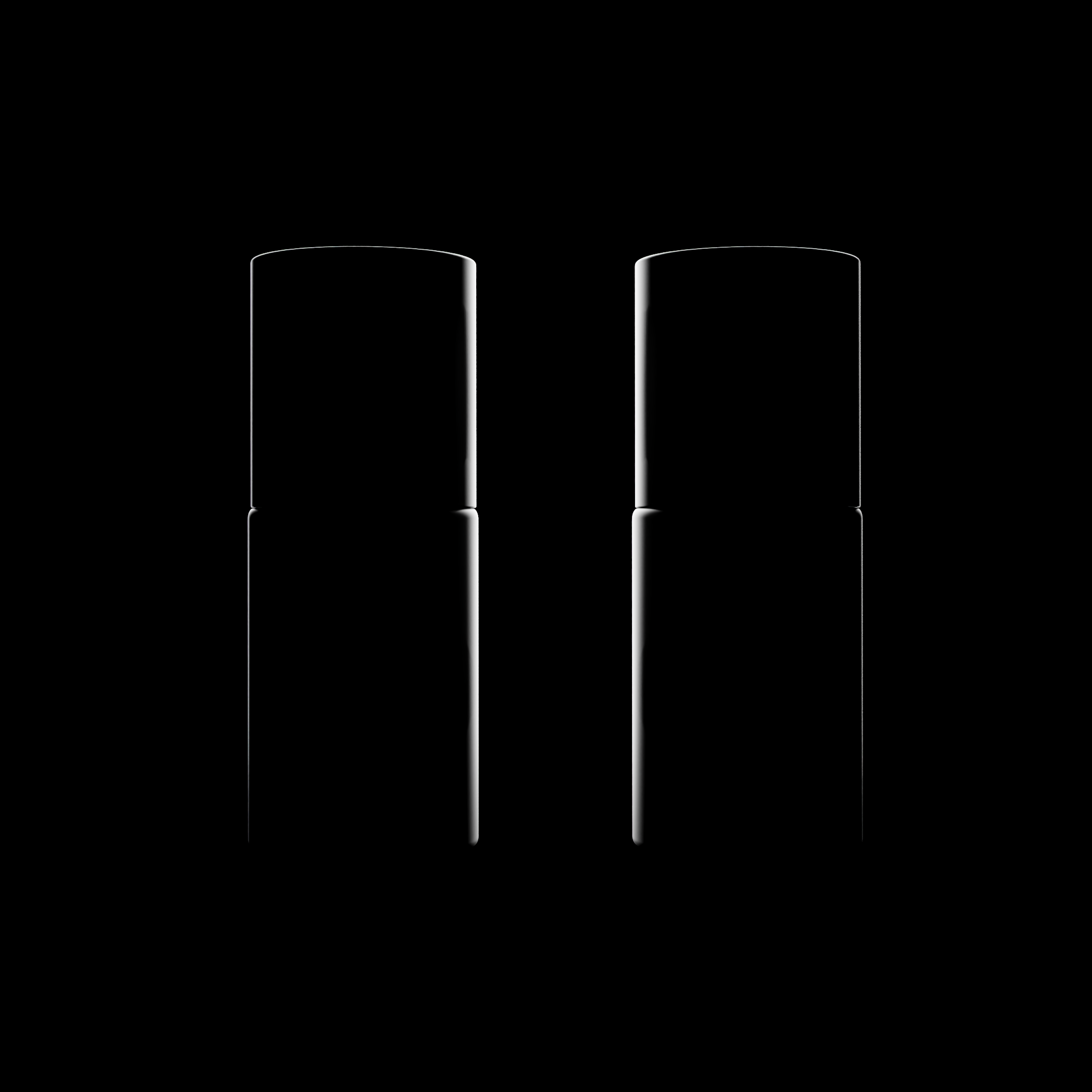
CBD Oil vs. Hempseed Oil: What's the Difference?
We’ve talked about this briefly across a few blog posts before - but it is an area of the industry clouded in confusion, and we wanted to go a little bit more in-depth with it.
Hempseed oil (often abbreviated to hemp oil) and CBD oil are often mixed up, and in many cases are seemingly used as interchangeable names for one another. Even many products on the market seem to be unclear on the difference (whilst others actively try to exploit this grey area - more on that later).
So what is the difference? They are both oil extracts from the same plant, so how different can they really be? Quite different, it turns out. Hempseed oil, as the name suggests, comes from the seeds of the hemp/ cannabis plant, whereas CBD oil is a chemical compound (known as a cannabinoid) which is extracted from the plant material. Let’s take a look at both so that we can understand the differences.

Hempseed oil
Crushing hemp seeds in a process known as “cold pressing” allows us to extract this oil, which is taken by many as a supplement, used for cooking, applied to the skin - or, quite often, is used in CBD oil products as a carrier oil. A carrier oil is the term for an oil that you add CBD to, in order to “carry” it within the formula.
The big difference, however, is that hempseed oil on its own doesn’t contain any CBD, and won’t interact with the body in the way CBD does at all. That’s not to say it doesn’t have its uses - there’s good reason why it’s a popular carrier oil for so many CBD products.
Hemp oil is rich in natural fatty acids, can improve heart health, is anti-inflammatory, and has also been suggested to provide mild pain relief. Although it may not contain CBD, it is certainly a valuable supplement and makes for a great addition to a CBD oil tincture.
CBD Oil
The process for creating CBD oil is very different, and involves a series of chemical extraction processes to strip away unwanted chemicals from the hemp/ cannabis plant (such as THC, the one that gives the “high” associated with cannabis).

After CBD is extracted, it is usually a solid powdered extraction with very high concentration. From a practical standpoint, this isn’t very useful for commercial purposes, which is why the extracted CBD is then added into an oil tincture at the desired concentration. The final result is what we would consider a CBD oil, which could contain a variety of other ingredients - hemp seed oil, MCT oil, coconut oil, flavourings, etc. - but the defining factor is that the tincture contains a measurable quantity of CBD.
How to tell the difference between CBD oil and hemp oil?
If you’re not super confident or familiar with the CBD market, it can be quite daunting to know you’re getting the right product - and often, brands don’t make it easy.
Many companies have realised that they can exploit this relatively new market - a great many brands present themselves as CBD oil companies with amazing benefits and astonishingly low prices, while actually just selling hemp oil. Now, hemp oil is considerably cheaper than CBD oil, and could seem very inviting when comparing products at a glance. After all, why would you need to spend more when there’s a 10,000mg oil tincture for £25? The answer, of course, is that you’d be buying 10,000mg of hemp seed oil, and nothing more.

Although this has gotten better more recently, and consumers are starting to catch on to these opportunistic money grabs, there’s still plenty of sly branding and misinformation out there to trip you up. If in doubt, your safest bet is to find the label, and look for a stated concentration or mg content of CBD. If you can’t find this, it’s probably hemp oil (and if you can’t find any ingredients at all, it’s probably worse).
Both hemp oil and CBD oils have their audiences and applications - but as a consumer, it’s important to make sure you’re getting what you set out for, and that you’re staying aware of the market landscape. We make sure to include clear ingredients lists for all of our products, and full lab test results too. In an industry where there are unfortunately still those looking to exploit it, it is part of our mission to educate as best we can so that you can feel safe and confident with your shopping.


